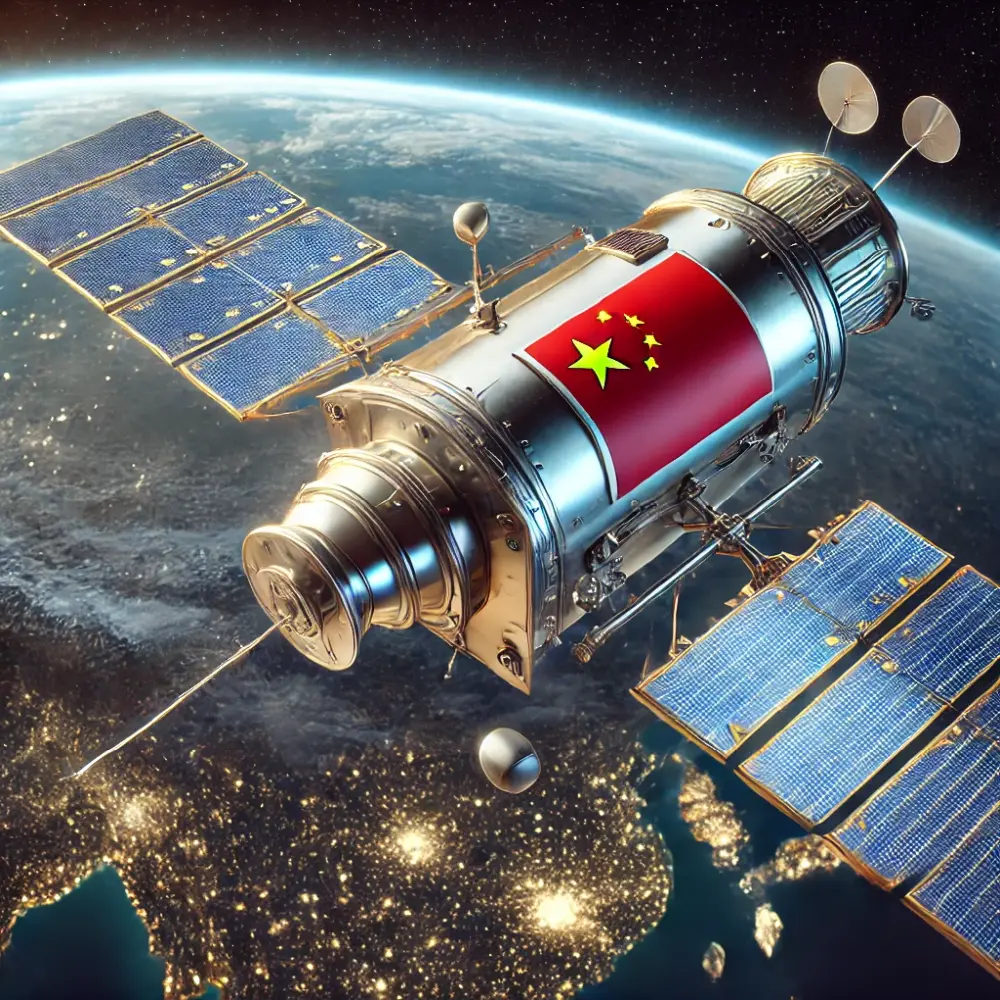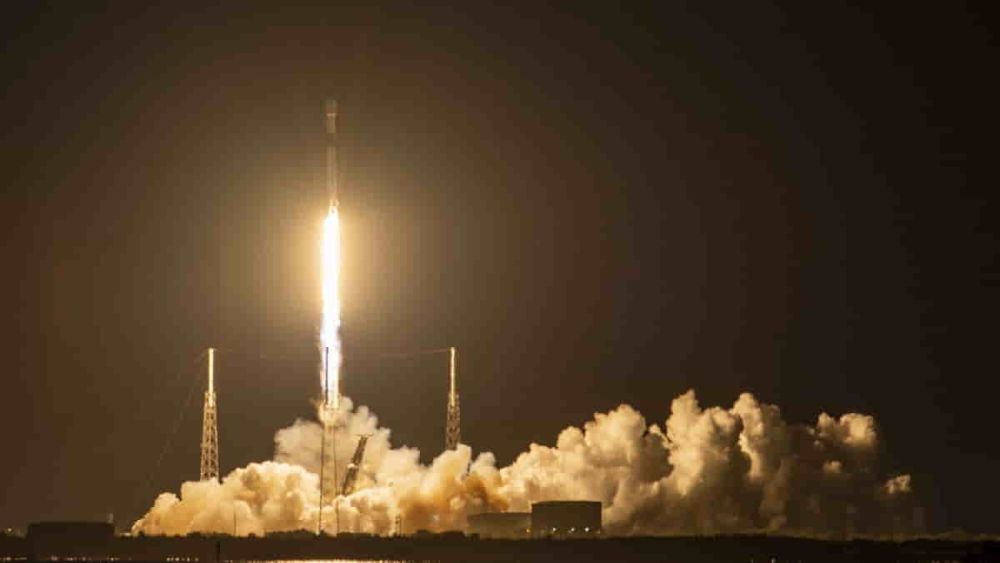China has made a significant move in its quest to rival SpaceX’s Starlink by launching the first batch of satellites for its Qianfan, or Spacesail, constellation. This week, 18 satellites were successfully placed into low Earth orbit (LEO), marking the inaugural launch of what China hopes will grow into a massive network of 14,000 satellites providing broadband internet coverage from space. The Qianfan project is China’s response to the US-based SpaceX’s Starlink, which already boasts over 6,000 satellites and aims to expand to as many as 42,000 in the future.

Satellite internet has become crucial for providing connectivity in rural, under-resourced, and disaster-stricken areas, as well as supporting emerging technologies like autonomous vehicles. Recognizing this, China is pursuing its ambitious plan to establish three mega constellations, including Qianfan, that could see nearly 40,000 satellites orbiting the Earth in the coming years. These networks, known as mega constellations, consist of hundreds or thousands of satellites operating in LEO, enhancing global internet coverage and expanding technological capabilities.

This launch also underscores China’s broader ambitions to solidify its dominance in outer space. The country has made significant progress in its national space program, which includes plans to land astronauts on the moon by 2030 and launch satellites for military purposes such as navigation, communication, and surveillance. By controlling LEO broadband satellite constellations, China could not only offer services both domestically and globally but also strengthen its influence in international diplomacy, data control, and national security.

The Qianfan constellation, managed by Shanghai Spacecom Satellite Technology (SSST), is set to grow rapidly, with more than 600 satellites expected by the end of 2025. By 2030, the constellation aims to exceed 14,000 satellites, covering most of the world’s population centers. This ambitious rollout will test China’s capacity to produce and launch satellites on a large scale and within strict timelines, a challenge that could further establish the country as a formidable player in the global space race.

#ChinaSpace #SatelliteInternet #Qianfan #StarlinkRival #SpaceRace #BroadbandRevolution #LEO #SpaceTechnology
